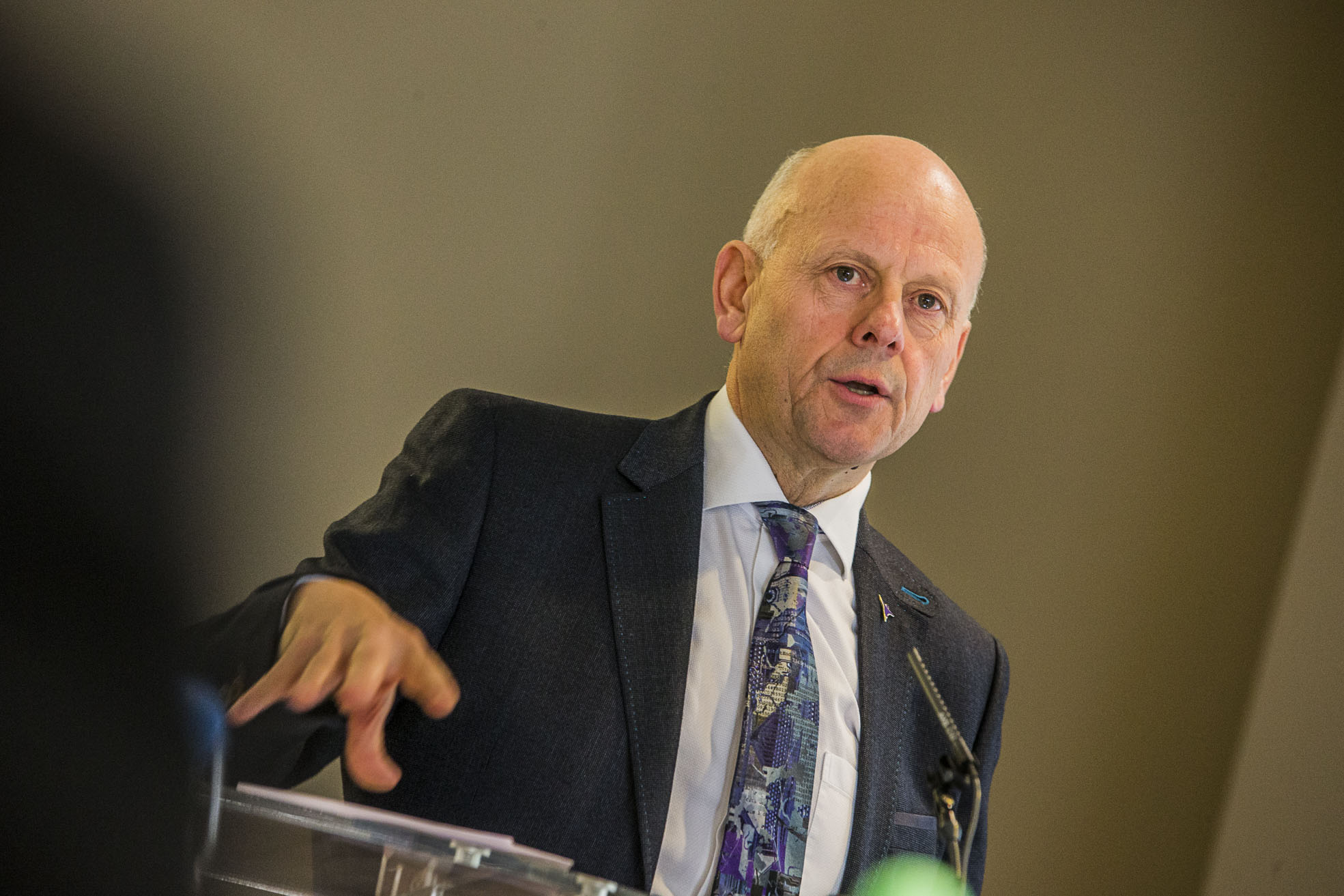A social care leader has hit out against the “institutional prejudice” towards private companies providing services for vulnerable people in West Wales.
According to Mario Kreft MBE, the Chair of Care Forum Wales which includes 500 independent care organisations, outdated attitudes are blighting the sector at a time when the need for collaboration and partnership has never been greater.
He will be raising the issue at a meeting of the Five Nations group which represents social care providers from the four home countries and Eire.
Among those attending the conference at the St David’s Hotel in Cardiff on March 10 will be the Welsh Health Minister, Prof Mark Drakeford, and the Older People’s Commissioner for Wales, Sarah Rochira.
Mr Kreft said: “Unfortunately, there is a significant degree of unfair institutional prejudice against the independent sector here in Wales and elsewhere in the UK and Ireland.
“There are still many people who appear to resent the fact that independent providers need to be financially viable to stay in business and provide high quality services.
“I was talking to a nurse recently who left the NHS and joined a very reputable private sector organisation and already she feels her former colleagues are treating her as if she had gone to work for a second class organisation.
“It is just intolerable that people working in social care and providing such important services are not better valued.
“We really should learn from the no-blame culture of the aviation industry where people truly work in partnership to make sure planes don’t fall out of the sky. We need a new spirit of partnership so the independent sector can work with the NHS, local authorities and other partners to get things fixed.
“The Social Services and Well-being Act which comes into force on April 6 is a positive development in Wales and provides a glimmer of hope that the corrosive prejudice against the independent sector that pervades social care can be overcome so that we can build relationships and support best practice within the sector.”
Other matters being discussed at the conference include the “perfect storm” engulfing social care.
Mr Kreft added: “We have an ageing population with growing social care needs combined with a lack of resources, a lack of real planning and a failure to integrate the independent sector is simply not acceptable.
“One result is a major recruitment crisis which is afflicting every part of social care here in Wales and also in the other nations which make up the group.
“We’re struggling to attract trainees into the sector as well as experienced care practitioners – and then retaining them. At the same time there are huge problems in recruiting nurses to work in social care. If we don’t value people who work in social care, how can we value the vulnerable people they care for?
“The recruitment problems, together with a lack of resources, means we’re really struggling to support the NHS and local government and as a result people are having to stay in hospital much longer than they should be.
“There are thousands of providers across Wales, England, Scotland, Northern Ireland and the Republic of Ireland who are trying to do a good job in the most difficult circumstances.
“It stands to reason that if the state determines how much you receive for providing the service they are also effectively setting the level of services that can be provided. Unfortunately, regulators and commissioners ignore the link between resources paid for the services and the outcomes of the services. That is a fundamental flaw in the system.
“The regulators, commissioners and the independent sector have to find a new way of working that recognises the value and outcome of services, otherwise we really are going to preside over a calamity.
“The governments in all five counties could do more to really integrate the independent sector. They’re all trying, they’re all well-intended but it’s not developing the effective partnerships we need.
“We’re delighted to be welcoming Prof Mark Drakeford to talk about the new legislation and to go through some of these issues which can only be solved by working in partnership.
“We’re also delighted to welcome Sarah Rochira who’ll be giving her own unique insight into what we need to do collectively to make the system a whole lot better.
“There can be no doubt we are in the centre of a perfect storm and if we’re not careful, the consequences of this, without proper planning, are going to be very serious indeed.
“It’s vitally important that social care should be treated as a matter of national strategic importance by next in-coming government in Cardiff Bay.
“Social care pumps billions of pounds into the Welsh economy every year and helps underpin the NHS whilst at the same time providing a social and economic cornerstone for communities across Wales.”
Help keep news FREE for our readers
Supporting your local community newspaper/online news outlet is crucial now more than ever. If you believe in independent journalism, then consider making a valuable contribution by making a one-time or monthly donation. We operate in rural areas where providing unbiased news can be challenging. Read More About Supporting The West Wales Chronicle
























